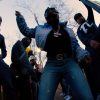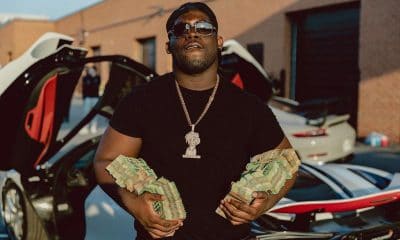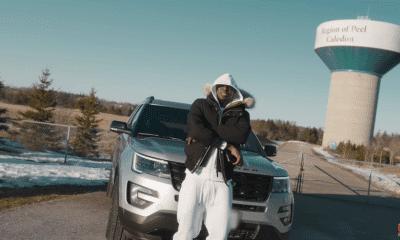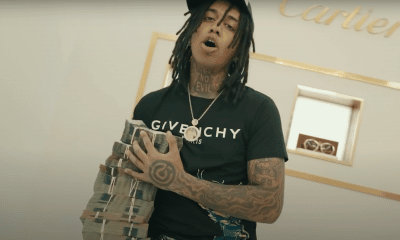Blog
Real or fake music: The controversy behind the use of A.I. in music
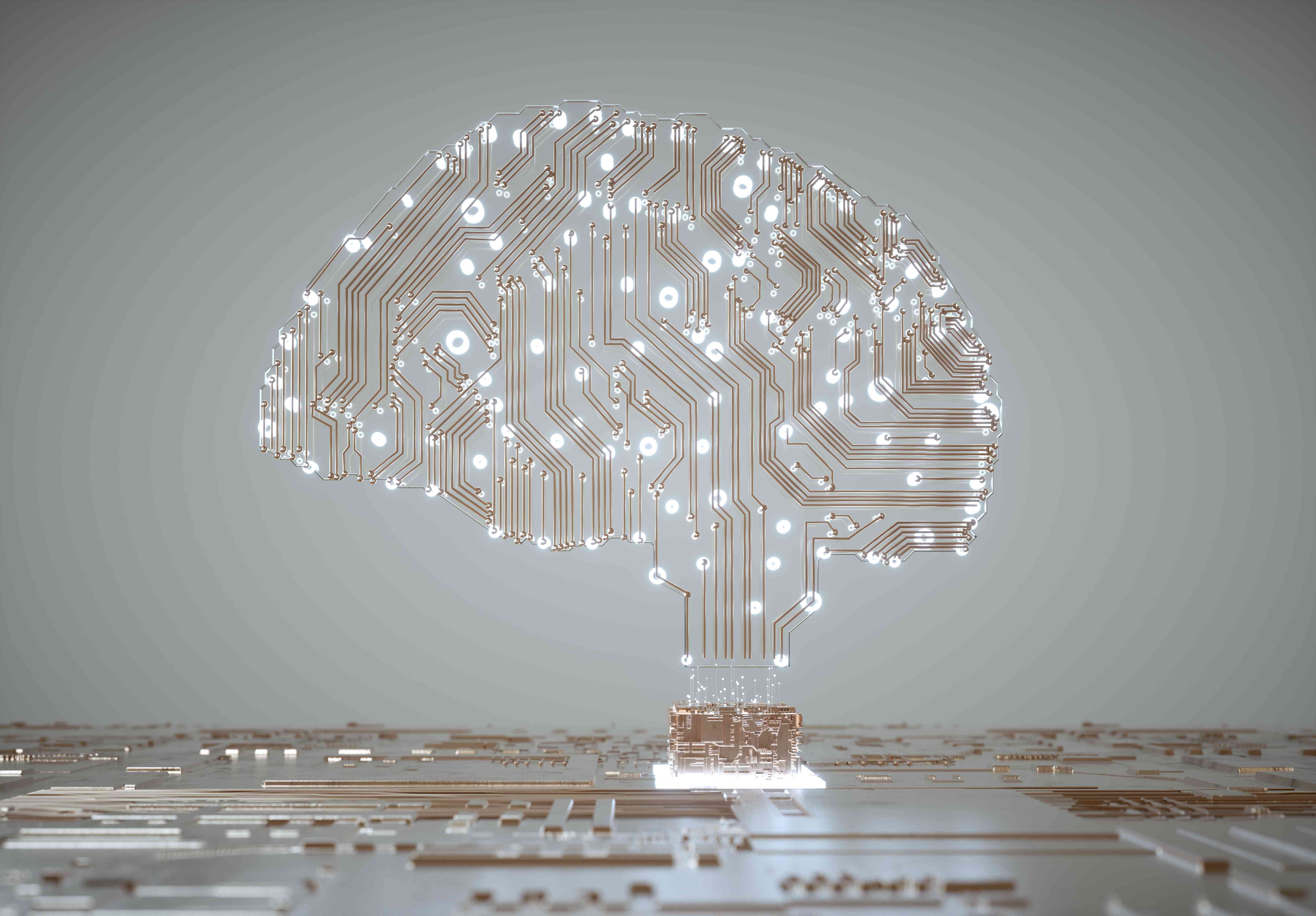
The music industry is the latest industry to experience the emergence and involvement of A.I.
The main controversy regarding A.I. and music is the rise of songs that use an artist’s voice without the artist’s involvement. People familiar with the everyday inner workings of the industry wonder what that means when it comes to copyright, song ownership, and crediting.
“If you come along and say ‘I want a picture of King Charles the Third boogieing down in a disco, it’s gonna go and find a picture of King Charles, and then it’s gonna find a piece of art, y’know, somebody dancing in a disco and then put the two things together.”
Ellen MacIsaac, a music professor at Carleton University, said that due to the reliance on an artist’s previous material to train the A.I., it could eventually end up copying an artist’s material word for word, enough that an artist recognizes it as a copy.
” If it’s sufficiently recognizable, the artist who did the disco piece comes along and goes, ‘wait a second, that stuff is partly mine, and you’re using it without my permission.’ I could see that happening in music too.”
Examples of A.I’s Impact on Music
Indeed A.I. has already caused ripples within the music industry for music label companies and artists. The latest case of note is the digital song Heart on My Sleeve. Though the song used the voices of Canadian singers Drake and Abel Tesfaye (formerly known as The Weekend.) Neither artist was involved in its creation.
The song was entirely made and produced by A.I., including the voices.
Copyright has always been an issue in the music industry; cases involving copyright are usually in the context of the copied tune or rhythm. While A.I. can copy those things, its reliance on artist audio means it can copy vocal stylings and overall voice.
Spotify and artists’ labels have since taken down the song Heart on My Sleeve.
Possible Solutions
But some artists like Holly Herndon have taken the challenge of how to handle A.I. music into their own hands.
Herndon created an app called Holly+. Users can create songs on the app usUsersgrammed, with various app digital effects displayed on the site.
Alex Kluke, a second-year Psychology student at Carleton University who makes music as a hobby, said that, technically speaking, digitally produced music isn’t an entirely new concept.
Software like GarageBand, Flat.io, and others have been around for quite a while. With these sites, artists can produce songs with already available digital music effects. But with these apps, artists still have to write and sing the lyrics themselves.
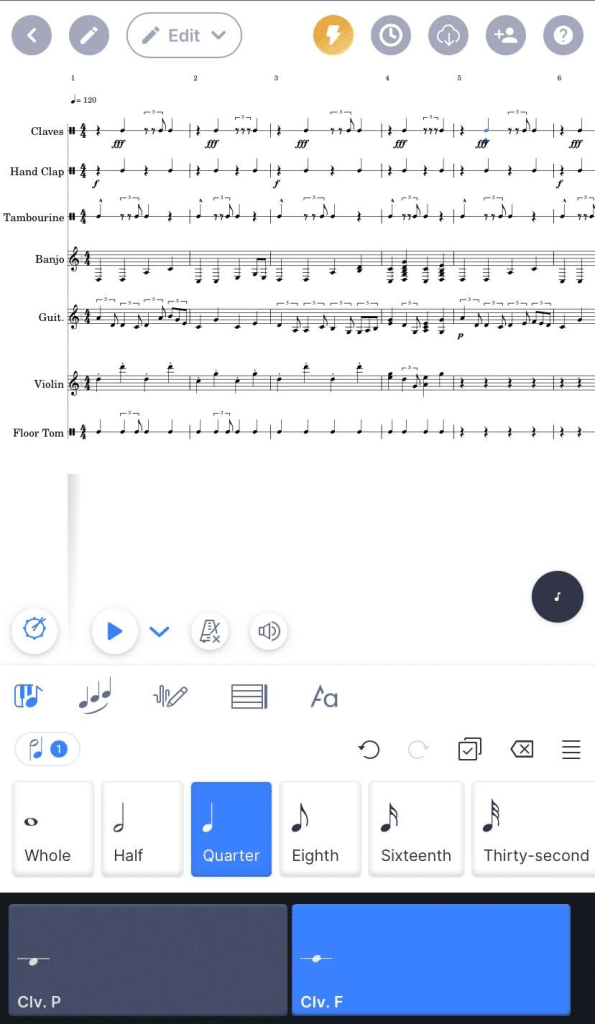
A photo of a song made on Flat.io, a music-making software, photograph by Alex Kluke on May 25, 2023
Despite this, Kluke says these kinds of apps could incorporate tools like digital voice if appropriate legal protections are applied.
“Any software that ended up incorporating that must go through the legality. So some companies might be like, ‘no I don’t wanna get involved ‘ and some companies that do want to get involved.”
Kluke and McIsaac both say that A.I. involvement in music can be helpful when it comes to helping artists who may not necessarily have the money to afford instruments to produce their songs fully.
Kluke said it would also help smaller artists gain more exposure in the music world by including the voice of a more prominent artist in their songs.
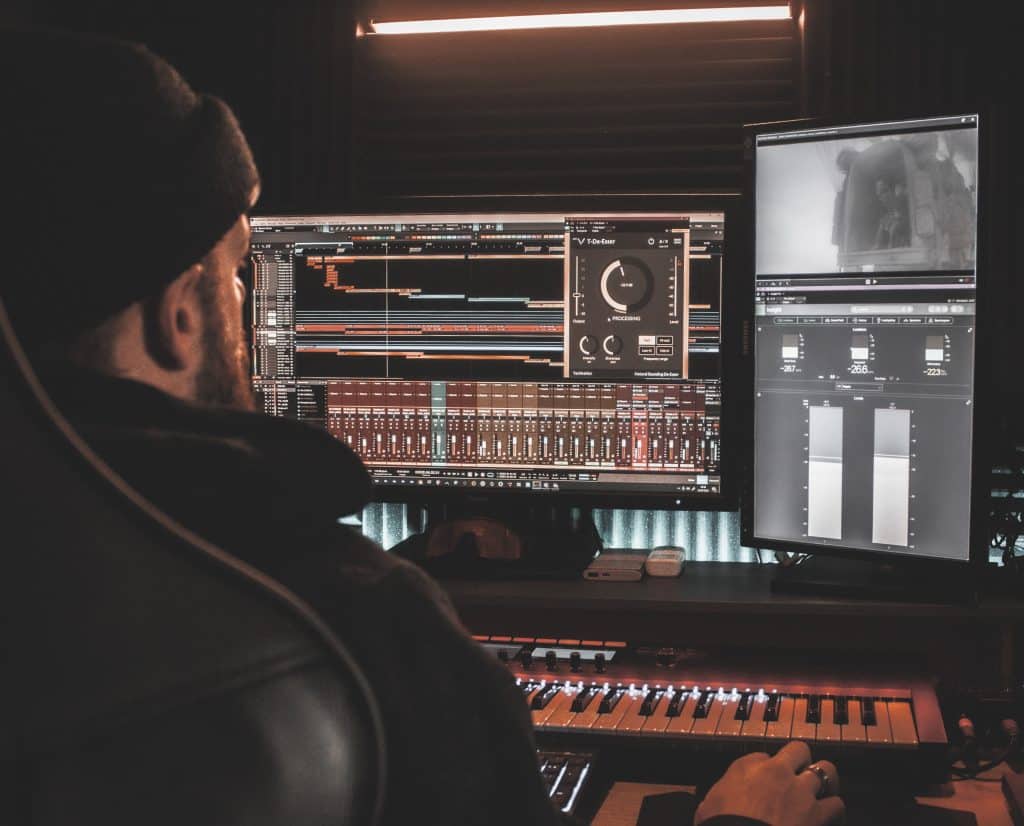
A picture of a musician making music with computer software, photo by Techivation, published on July 31, 2021
“If someone is going to sell their voice, then they have to be super specific about what it’s allowed for, ” said Kluke referring to the potential for artists’ digital voices to be used maliciously without the artist knowing. Thus, if they knew what it was used for in advance, incidents like that would be less likely to happen.
Kluke also said that similar to how artists collaborating with another artist are credited for their work on the collaboration through the ‘feat’ abbreviation or given a writing credit on a song, such efforts should be made to publicly acknowledge the use of artists’ digital voices in music.
While A.I. is much more involved with pop music, MacIsaac, who specializes in Celtic music, said that in time A.I. music could go after smaller more niche genres of music too.
She said that although the current attitude towards A.I. generated music is one of apprehension if regulated well enough, there may come a time when it could blend right into the usual music industry just as other musical technologies like the phonograph or the radio did.
-
Canadian Artists3 years ago
Pengz, Toronto Rapper, Age, Real Name, Height & Biography
-
Canadian Producers3 years ago
DJ Charlie B From Toronto Is Known For His Involvement In Music
-
Canadian Artists3 years ago
Sick Ppl, A Long Term Toronto Rapper
-
Canadian Artists3 years ago
TVGUCCI, A OVO Rapper On The Come Up From Toronto
-
Canadian Artists4 years ago
Bushman The New Rapper Buzzing From Toronto
-
Canadian Artists3 years ago
Chromazz, Toronto Artist, Age, Real Name, Height & Biography
-
American Artists3 years ago
OnPointLikeOP, An Upcoming Artist From New York
-
Canadian Artists4 years ago
Get To Know Tizzy Stackz From Toronto








